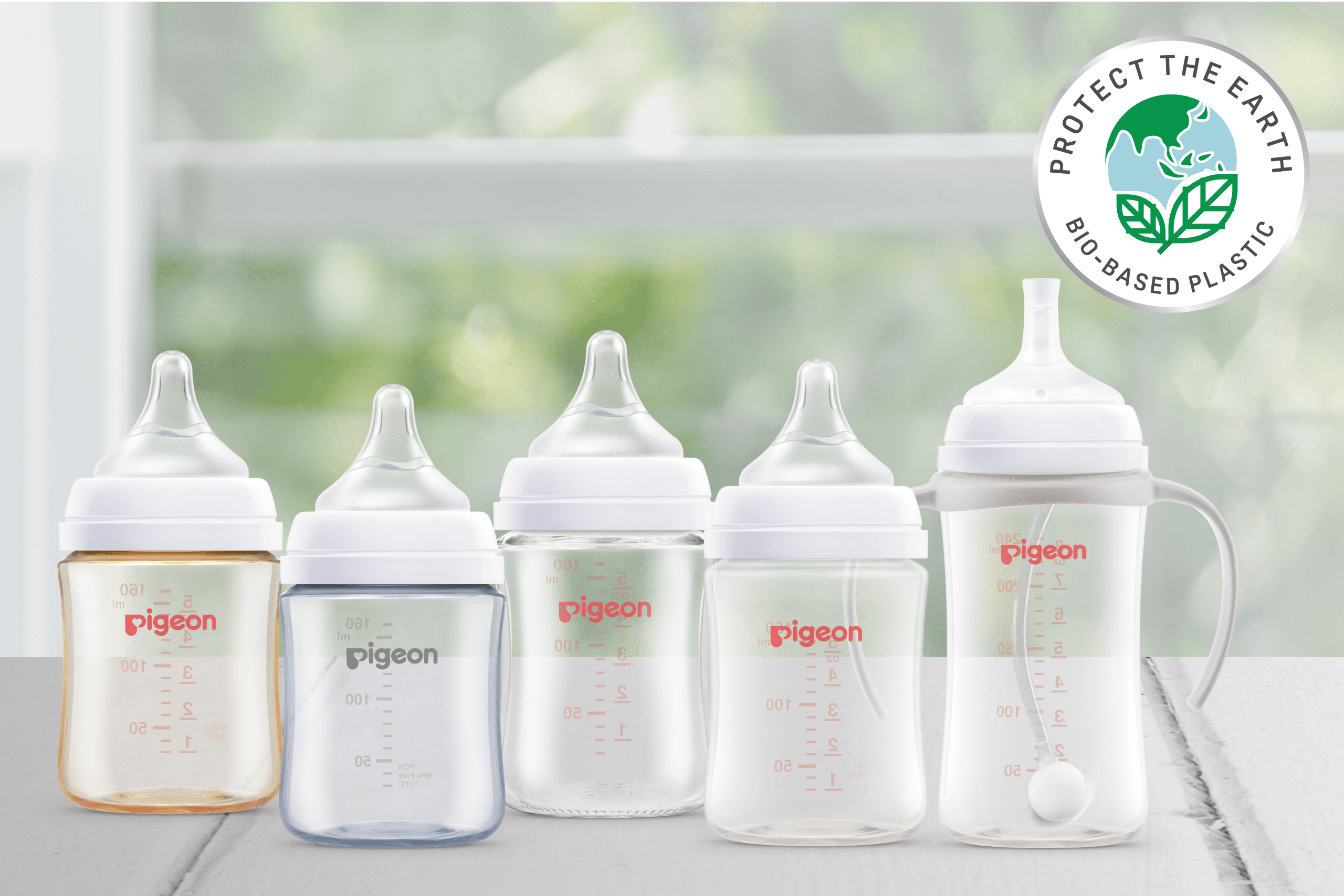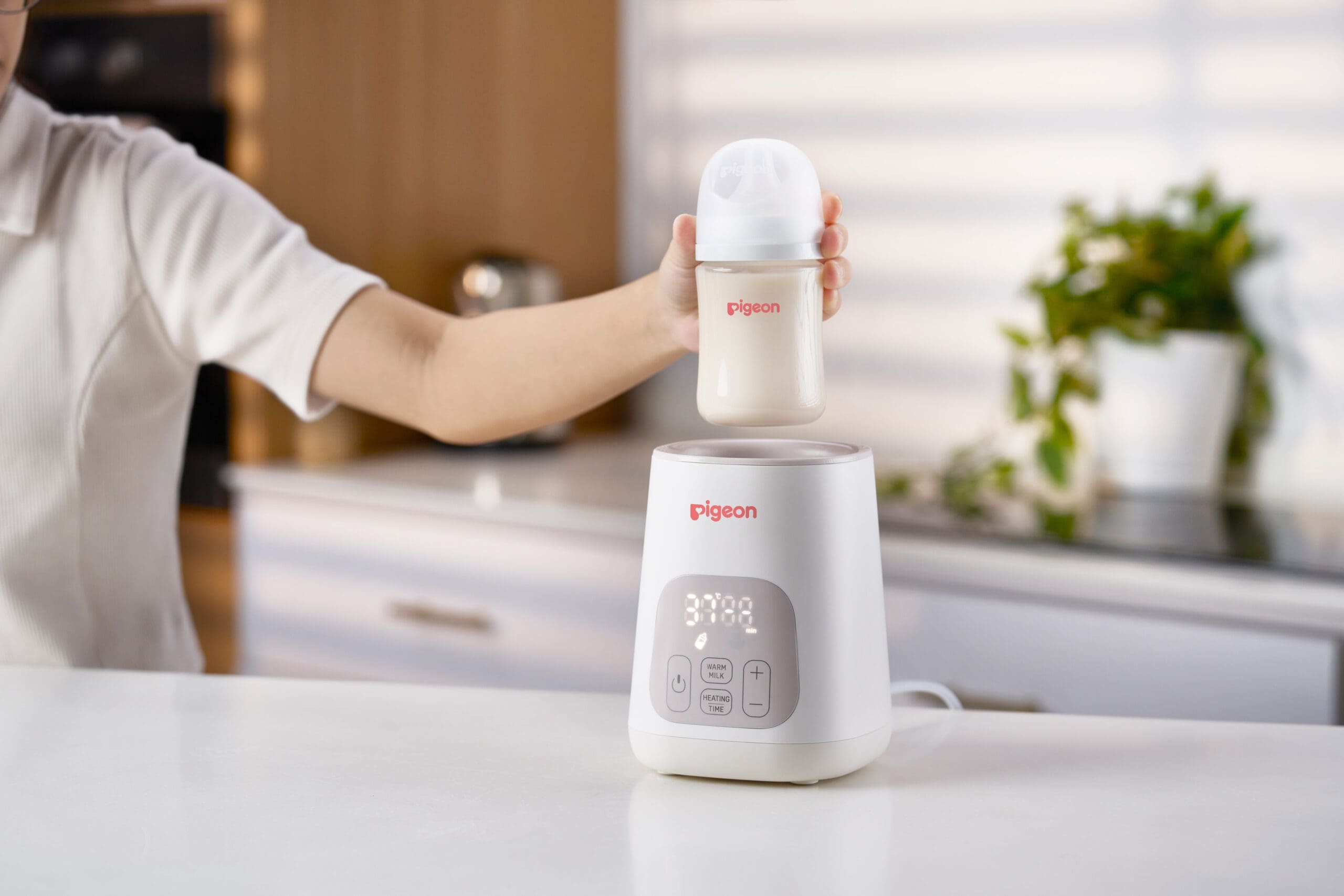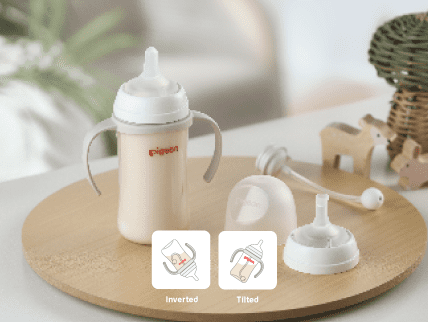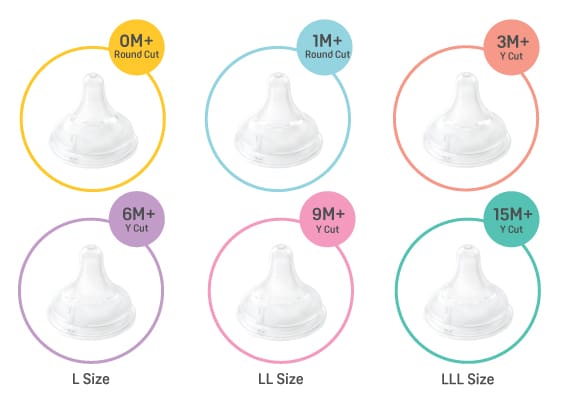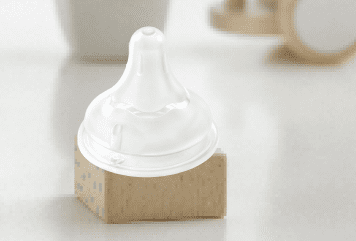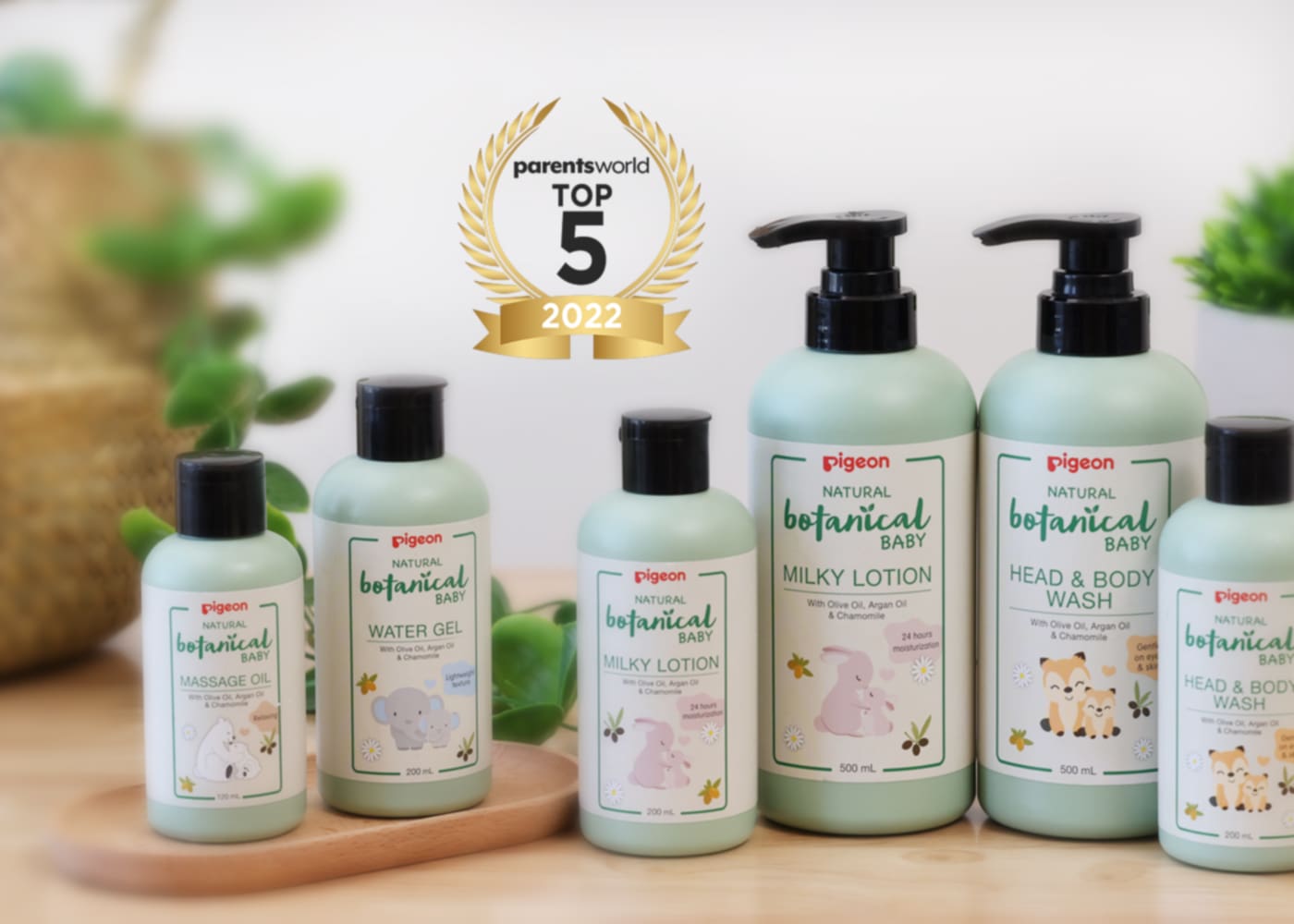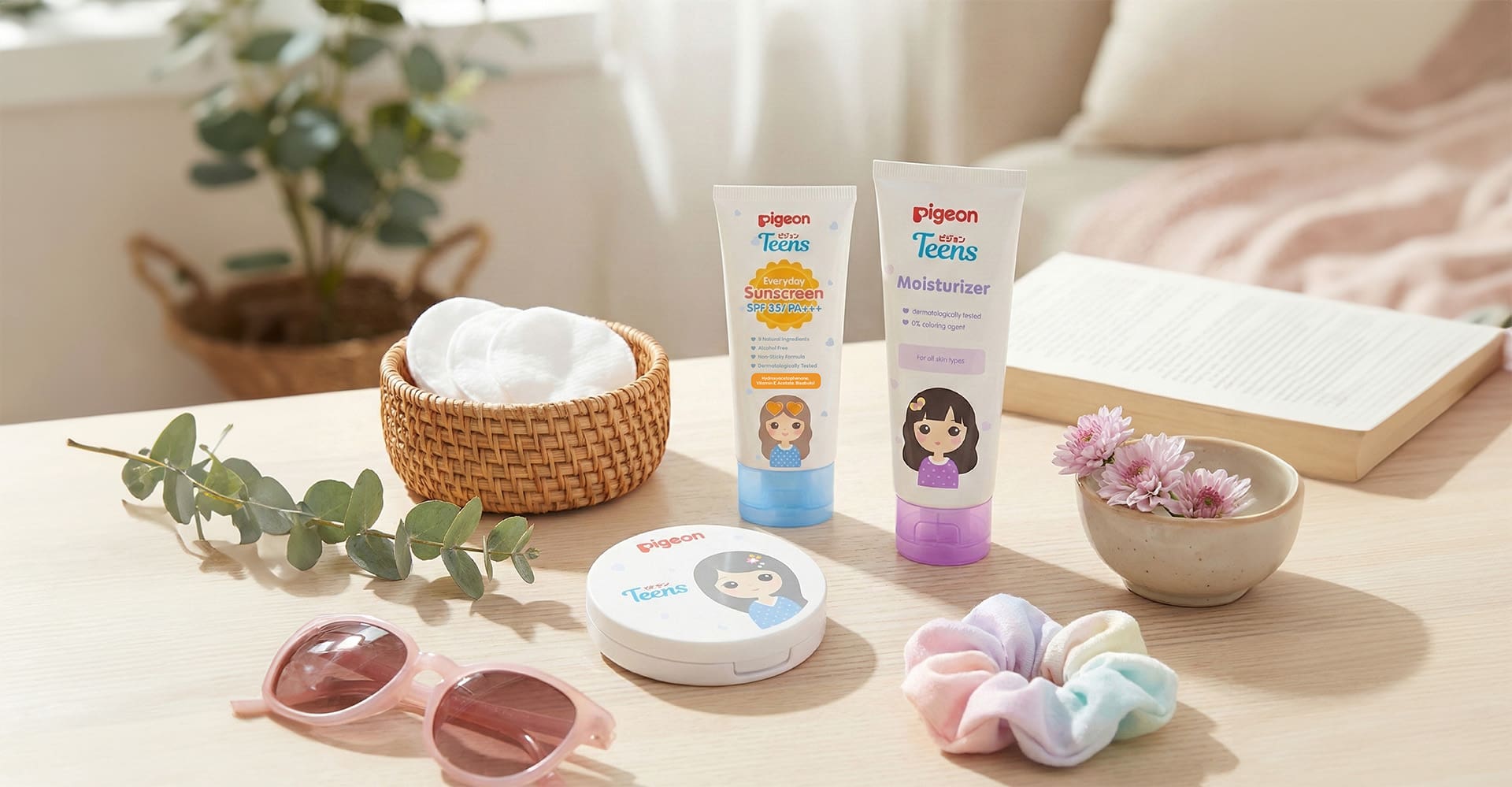Tooth Decay in Kids: Causes, Symptoms and Treatments
If you think your child is too young to visit the dentist, think again. Tooth decay can occur at any age, as long as teeth are present. Find out what extra precautions you can take to prevent tooth decay in young children and help them smile with confidence.
Causes of tooth decay
Did you know that the mouth is home to a community of bacteria that eat, grow, reproduce and discharge waste? When we eat, these harmful bacteria feed on the sugars we consume and grow. Think milk, candy, cake, juices, cereals and bread – these are sugary and starchy foods that cling on tight to our teeth! The waste that these harmful bacteria produce is known as dental plaque. Dental plaque is bad for us as it produces acids that erode away at our teeth.
The good news is that babies are born without any of these harmful bacteria in their mouths. Bacteria are only transferred when you use the same spoon to feed your child, or share a toothbrush. Nonetheless, babies are at risk of tooth decay as the outer layer of baby teeth – called the enamel – is much thinner and softer. As a result, it is easier for tiny cavities to reach the inner soft dentin, and expose the child’s nerves.
If a child has poor oral hygiene, it will definitely add on to the problem. For instance, if your child does not brush his or her teeth effectively, or is given sweet drinks like milk or juice throughout the day, this puts your young one at risk of tooth decay. However, fret not! Everyone appreciates a shiny white smile, so we are here to help. Co-developed with a leading paediatric dentist, the Pigeon Training Toothbrush Lesson 123 Set is the complete set of training toothbrushes your baby needs to pick up proper toothbrushing skills.
A real case study in Singapore
Bryan is an active, cheerful six-year-old boy in Kindergarten 2. Out of the blue one day, he started experiencing a toothache and his anxious mother immediately brought him to a nearby dentist. To their dismay, the dentist diagnosed that Bryan’s toothache was due to severe decays on at least seven of his teeth! Root canal treatment and tooth extraction were required, the dentist added. Surgery is a must.
Bryan’s parents were not keen on surgery as it was expensive and would involve general anaesthesia. Besides, Bryan’s toothache seemed to have subsided and his adult teeth would likely replace his baby teeth soon. However, when the toothache returned a few days later, Bryan had no choice but to undergo the treatment.
Since Bryan’s recovery, he has stopped drinking formula milk entirely and he also brushes his teeth twice a day.
Treatments for tooth decays
In Bryan’s case, the dentist recommended root canal treatment and tooth extraction. But the type of treatment would really depend on how severe the condition is. In most cases, the dentist will remove the decayed areas and replace them with fillings.
There are two types of fillings. The first type is tooth-coloured, which can be placed directly into a hole and done in a single visit. The other type includes inlays, onlays, veneers, crowns and bridges, which can be done in two or more visits.
Why are baby teeth important?
Seeing baby teeth first appear is an exciting time in parenthood! The common assumption, however, is that baby teeth are not permanent and do not require as much care. This is incorrect as the most important role of baby teeth is to make enough space for adult teeth to grow. Thus, problems with baby teeth can affect the development of adult teeth.
If too many baby teeth are lost too early, the child may have difficulties biting and chewing hard foods. Losing one’s front baby teeth may also lead to temporary speech issues, while losing one’s back teeth may affect the child’s jaw and dental development.
Symptoms of tooth decay
Like Bryan, children with tooth decay may experience toothaches or sensitivity to certain foods, such as hot or cold drinks. Different children will experience different symptoms. For instance, some kids may notice white spots on affected teeth, which mean that the enamel is starting to break down. Cavities may also be visible if they are big enough, and they are usually brown or black in colour. Most times, children will not realise their condition until they see a dentist.
Can we prevent tooth decay?
Tooth decay is preventable! Here are quick tips on preventing tooth decay.
Tips on preventing tooth decay
TIP 1:
Oral care
If you have an infant, clean its gums with a soft brush to remove dental plaque before it grows its teeth. When those little baby teeth are in, clean them with a soft toothbrush and limit the amount of toothpaste you use to just the size of a grain of rice.
If you are up for flossing, floss your child’s teeth when his or her teeth have grown to touch each other. When they are old enough to brush their own teeth, ensure that you supervise your kids as kids younger than 8 are likely to swallow toothpaste. Let kiddo pick out a toothbrush with his or her favourite cartoon characters to make brushing a whole lot more fun.
TIP 2:
Avoid sugars
Besides brushing and flossing daily, avoid sugary drinks and snacks like chips, candy and cake. Sugary foods, especially gummy sweets and vitamins, can erode enamel and cause cavities. If a sweet treat is necessary, dish it out immediately after a meal rather than at any time of the day. Make sure your child has a well-balanced diet!
If your child really wants a drink at night, water is your best option. Children should not be allowed to fall asleep with a bottle containing sweet liquids such as formula milk or juice.
TIP 3:
Dentist visits
It is best that your child starts seeing the dentist no later than 12 months of age. At this visit, the dentist will assess your child’s oral health and suggest ways of reducing the risk of developing tooth decay. As you are aware, it’s “monkey see, monkey do”! Young children like to mimic their parents, so schedule routine dental cleanings and exams every 6 months.
Your child’s first trip to the dentist may be understandably scary. To keep your child feeling comfortable and relaxed, keep a positive attitude, use simple words and praise them for his or her bravery and good behaviour. A happy and pleasant experience will set the foundation right for a healthy mindset towards oral care!
